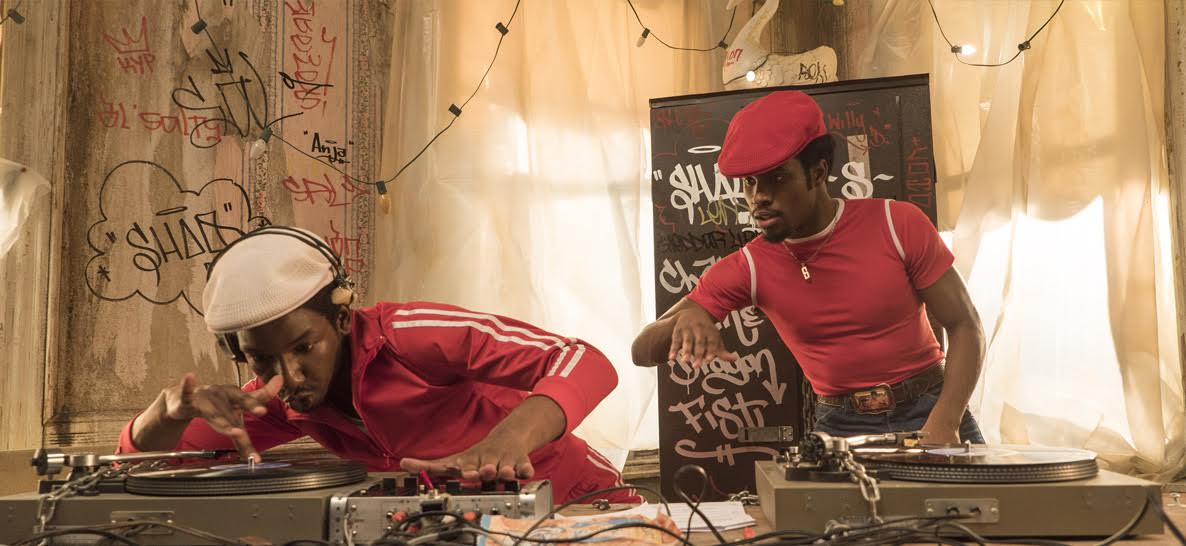
As is his custom, Pope Francis made news for saying something un-popely.
We’re getting used to hearing this pontiff speak differently and unexpectedly about issues than his predecessors—issues like climate change, qualifications for communion and global poverty.
But last week, Pope Francis answered a question about marriage that garnered no small amount of controversy.
He responded to a question from an audience member at a conference about the current “crisis in marriage.” The Pope answered that people today—particularly young people—don’t understand real biblical commitment. Here’s what he said:
“I heard a bishop say some months ago that he met a boy that had finished his university studies, and said ‘I want to become a priest, but only for 10 years.’ It’s the culture of the provisional. And this happens everywhere, also in priestly life, in religious life,” he said.
“It’s provisional, and because of this the great majority of our sacramental marriages are null. Because they say ‘yes, for the rest of my life!’ but they don’t know what they are saying. Because they have a different culture. They say it, they have good will, but they don’t know.”
The Pope even recounted that this guy was more concerned with the wedding venue coordinating with his fiancee’s dress and the logistics of commuting to the reception than he was the marriage commitment itself. He concluded: “It’s a social issue, and how do we change this? I don’t know.”
That the leader of the Roman Catholic Church gave an extemporaneous answer to a question is important to remember. And, Francis was speaking to a group of “priests, nuns and parish workers,” according to Catholic News, which means it was an in-house discussion—not necessarily something he deemed helpful for the general public.
Of course, that doesn’t change what he said, and it doesn’t mean he wouldn’t say it more broadly.
Why Some People Are Upset About It
It shouldn’t surprise anyone that when the pontiff comes out and declares a “majority”—a later transcript was amended to “some”—of marriages “null,” his comments receive backlash. In this case, the backlash was most forceful from influential Catholic writers and thinkers.
Ross Douthat of The New York Times called his statements “extraordinary, irresponsible and ridiculous” (in all, Douthat posted a 20-part Twitter rant about the matter).
Some Catholics worry that the pope’s statements will not encourage but undermine marriage within the church—not to mention undervalue the millions of Catholic marriages around the world. After all, as Matthew Schmitz of First Things asked, “Can only theologians get married?”
In addition, his comments leave some of us non-Catholics asking, Is the Pope right about the state of marriage and culture’s idea of commitment?
Millennials and Marriage
The cultural aspects of Pope Francis’s statement seem on point: Millennials on the whole don’t value the marital commitment as much as previous generations.
I think for the most part he is right. Just about everyone I know can rattle off six-to-10 friends who married and then divorced a startlingly short time later for factors that seem more flakey than legitimate. But when you take a closer look, it appears that millennials’ relationship with marriage isn’t nearly as simple as “they don’t care” or “they don’t understand.”
A year ago, The Atlantic published some research from an Allstate/National Journal Heartland Monitor poll that “attempted not only to figure out whether or not younger Americans are waiting to wed, but also to gauge the thoughts, feelings, and views Americans young and old have on the topic.”
Here’s the writer’s summary:
The bulk of respondents—74 percent overall—thought that marriage was still a meaningful institution. But when participants were sorted by age, there were some differences. About two-thirds of younger participants felt that marriage was still relevant and led to a happier, healthier, more fulfilled life. But older participants were much more positive, with three of every four older participants saying that marriage still had an important place in society.
…
When it comes to their views on marriage and families, Millennials don’t quite fit into the same mold as their predecessors, but when it comes to their desire to have stable, long-lasting relationships and families, the generation might prove more traditional than they seem.
Based at least on this study, the pope’s comments only represent one point on a spectrum of millennials views on marriage.
Still, views aside, we’ve seen a lot of recent discussion about the undeniable fact that millennials, at the very least, are delaying marriage for all kinds of reasons.
Again, Pope Francis spoke in a specific context to a specific group of people. But in so far as attitudes among younger Catholics about Catholic sacramental marriages fit into the swath of millennials views, Pope Francis comments miss a lot of nuance.
The Bigger Lesson in the Pope’s Words
I think we can easily understand why the pope’s comments upset many people. If he’s giving a de facto license to abandon your marriage or tell married couples that they’re somehow less than married, then you can go ahead and add my name to the list of those who think his words are irresponsible.
For the most part, though, I’ll leave pontificating on the Pontiff to more qualified commentators.
But there’s certainly a larger point within the Pope’s words that we need to consider: Is this generation of believers so focused on selecting the life we want—and, of course, the most Instagrammable—that marriage itself has become just another lifestyle choice, similar to grad school, city living or chasing that dream job?
The problem arises because all those things, as good as they, share something in common: When they’re not working out, or they lose their shine, we can just move on.
(For a deeper, and far more entertaining look at this reality, check out Aziz Ansari’s co-written book, Modern Romance )
The Mystery of Christian Marriage
In his clearest teaching about marriage and divorce, Jesus tells His disciples about this mysterious relationship where “two become one.” And then He gives a command we hear a lot, but perhaps only rarely think about: “Therefore what God has joined together, let no one separate.”
Everything about our dating relationships, engagements, weddings and, oh yeah, marriages are self-chosen. And even though marriages in Jesus’ day were arranged (pun intended) far differently, the principle was the same: People were making logical, relational, sometimes political decisions. And then Jesus refers to the whole thing as “What God has joined together.”
According to Jesus, marriages that appear to be the culmination of various decisions—at least for Christians—take on a whole new, mysterious nature. God takes two people and joins them into one—in a way that Jesus says humans don’t have the authority to separate.
Marriage is greater than the sum of its parts.
So the question of whether the Pope is right about the state of marriage is actually complex. He seems to have oversimplified the generational view of marriage. But he rightly points out that the loss of the deepest, more mysterious realities of marital commitment is a societal issue.
Of course, Pope Francis doesn’t offer a solution. The place to start, it seems to me, isn’t accusing existing marriages of being null. Just the opposite—Christians need to give a generation searching for the meaning of marriage and commitment a vision of what marital oneness really is—and what it can be.






















